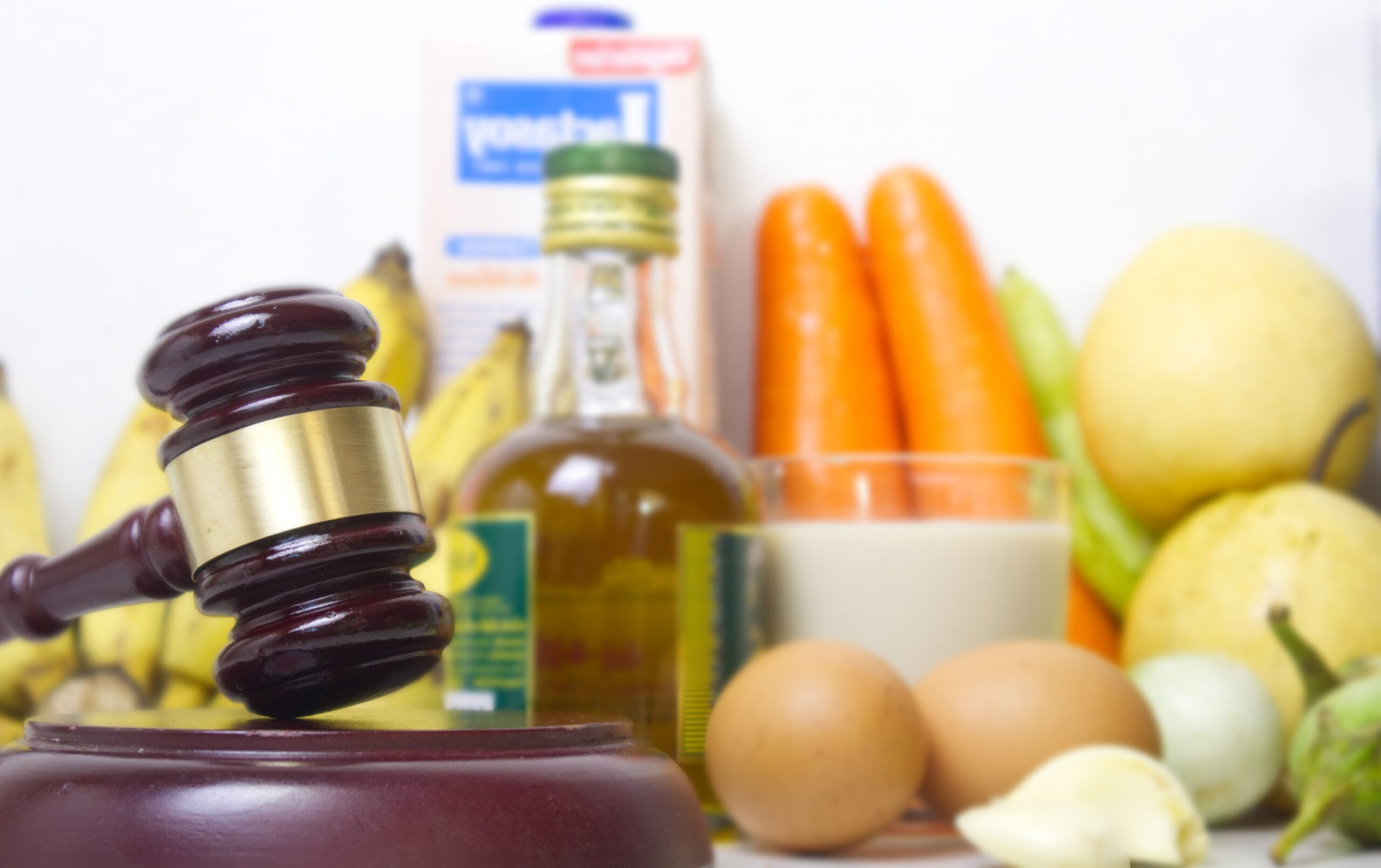Have you heard the news? Food traceability is here and it’s the law under Food Safety Modernization Act Section 204d (FSMA 204). When FSMA 204 becomes enforceable in less than 22 months, an unprecedented set of financial, reputational and legal threats – including criminal charges – will be on the table to punish companies who aren’t prepared, or who are simply underprepared, for traceability.
Could your company face fines or have its Food Facility Registration revoked? Could your CEO face jailtime?
The legal threats from traceability were covered at length in a recent webinar hosted by foremost food safety lawyer Shawn Stevens, founder of Food Industry Counsel, LLC.
To watch the full webinar (1:05:20), click HERE.
Here are the key takeaways:
Risk and Responsibility Can’t be Pushed onto the Wholesaler from the Retailer
Each party in the supply chain has a legal obligation under the law – and a duty to the consumer – to ensure that they’re doing their part to collect and share the required information for traceability.
FDA Will Begin Every Investigation with the Retailer or Restaurant
The FDA is likely to come down first, and heaviest, on the retailer or restaurant where the food was purchased by the end-consumer, because that’s where the traceability culminates and the data is aggregated. The FDA might enforce heavier penalties there to set an example and create a deterrent for other food supply chain companies who have not taken traceability seriously or who have insufficient traceability in place.
Retailers Must Require Their Suppliers to Do Traceability
If a retailer chooses to do business with a supplier who refuses to do traceability, then the retailer assumes the risk. Think of it this way: Would you do business with a supplier who refused to provide samples of their product for listeria testing? Probably not. If a supplier refuses to do traceability, it’s advisable to find another supplier who will.
The Deadline for Enforcement Is Not Going to Change
While the FDA’s deadline for FSMA 204 is January 20, 2026, enforcement actions will not be in place until January 2027. That has led many companies to think that they can wait to do traceability. Will the deadline matter if there’s an outbreak? No. If there is an outbreak after January 20, 2026, the FDA will enforce the law as it stands.
FDA has Many Remedies at Its Disposal for Insufficient Traceability
If a company can’t demonstrate compliance with FSMA 204, or if its traceability efforts are determined to be insufficient, the FDA has a powerful set of remedies that it can and will deploy. For example, the FDA could issue a warning letter that threatens the disqualification or even a suspension of Food Facility Registration. The goal is to communicate to the company that if the company is not in compliance with the FSMA 204 food traceability law, that the company won’t be permitted to sell or distribute food.
Tracing MORE Foods Is LESS Risky
The risk of not tracing a product that has a FSMA 204 ingredient (think peanut butter) is high enough that retailers and wholesalers are better off tracing all food products. It’s going to be extremely difficult and fraught with risk to only trace the 19 food categories include in FDA’s FSMA 204 Food Traceability List. It’s inevitable that something could be missed, and therefore put you at legal risk for noncompliance with FSMA 204. Tracing MORE foods or ALL foods is less risky. Some major retailers and wholesalers – including Kroger – have already made the decision to trace more foods than the FDA requires.
Start Traceability NOW
Developing a traceability plan and implementing a traceability solution takes a long time. Getting started NOW is critically important. There are a lot of companies who haven’t taken that first step. Remember, time flies. The 2024 holiday season and retail blackout periods will be upon us before we know it. In a matter of months, every food supply chain company will have to make the decision to do traceability, find a solution, implement it and train their labor force. You need to start traceability NOW in order to be compliant by the deadline.
Why are so many food supply chain companies still reluctant to do traceability?
Under the FDA’s FSMA 204 food traceability law, food supply chain companies are required to create, exchange and store an unprecedented amount of data about where product has been and where it’s going. It’s the largest food supply chain collaboration project in history, and ultimately will create a safer, more transparent food supply chain.
To this point, many in the industry have been afraid or reluctant to start traceability now. The reasons we hear are: traceability is too complicated (and too new); the FDA’s enforcement deadline is January 20, 2026, so there’s still time; and, traceability will put too much of a strain on labor and on legacy systems.
What we’ve learned from the webinar is that traceability is not a choice…it’s the law. The legal implications are real, and there’s simply no time to waste.
To talk about traceability, contact ReposiTrak today.

